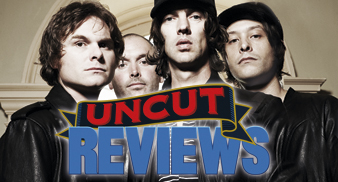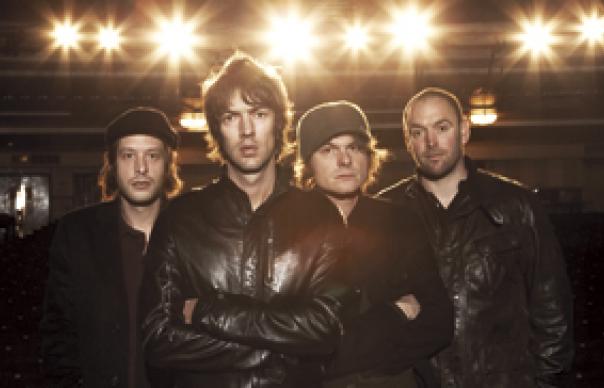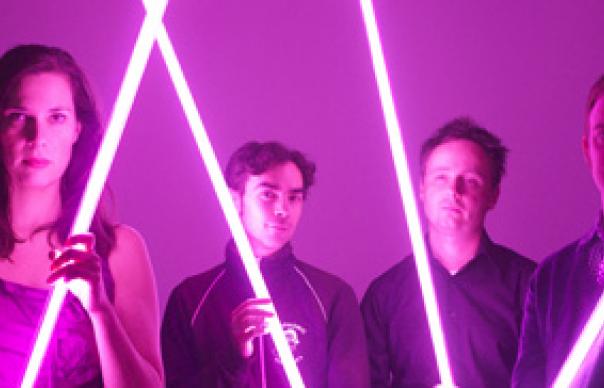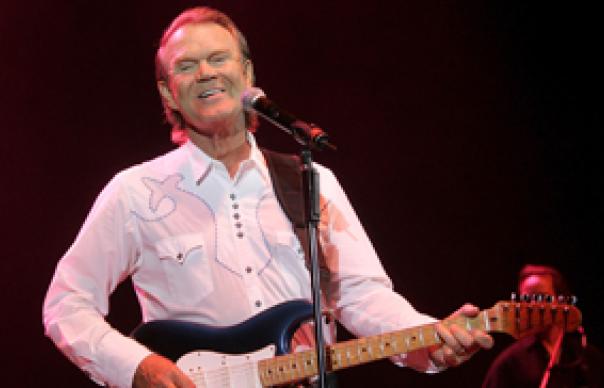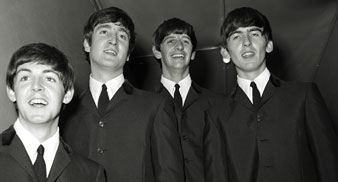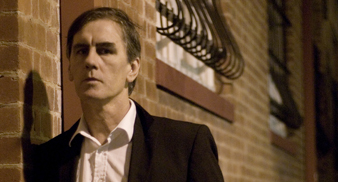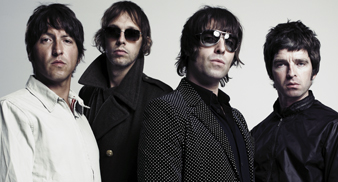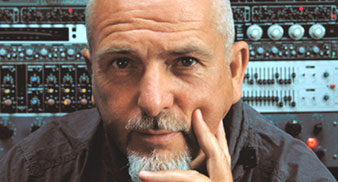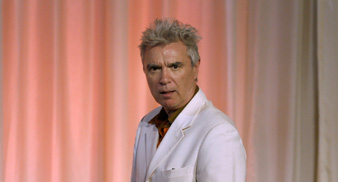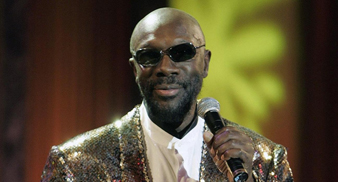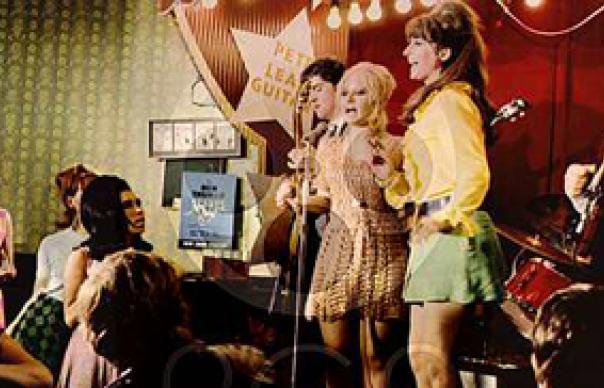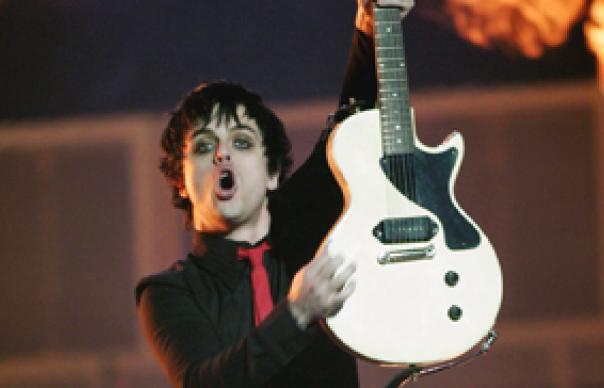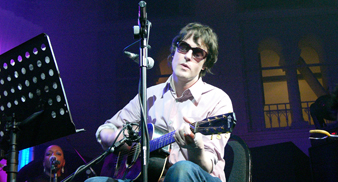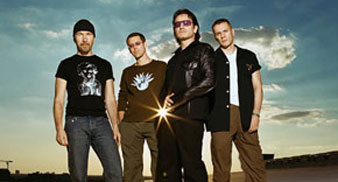Uncut.co.uk publishes a weekly selection of music album reviews; including new, reissued and compilation albums. Find out about the best albums here, by clicking on the album titles below.
All of our album reviews feature a ‘submit your own album review’ function – we would love to hear your opinions on the latest releases!
These albums are all set for release on July 28, 2008:
THE VERVE – FORTH – 4* Stormy, heavenly and hymnal – it’s like they’ve never been away
TEDDY THOMPSON – A PIECE OF WHAT YOU NEED – 4* The son also rises. A great, Orbison-inspired piece of work. Plus Q&A…
STEREOLAB – CHEMICAL CHORDS – 3* Latest findings from the pan-European pop boffins
GLEN CAMPBELL – MEET GLEN CAMPBELL – 3* Rhinestone Cowboy returns to Capitol. With added Travis
Plus here are some of UNCUT’s recommended new releases from the past month – check out these albums if you haven’t already:
SHIRLEY & DOLLY COLLINS – THE HARVEST YEARS – 5* Remastered recordings dust off the crowning glories of English folk’s Indian summer. Includes a Q&A with Shirley Collins…
THE BASEBALL PROJECT – VOLUME ONE: FROZEN ROPES AND DYING QUAILS – 4* REM’s Scott McCaughey and ex-Dream Syndicate leader Steve Wynn team up for garage rock ‘supergroup’ album
THE WEEK THAT WAS – THE WEEK THAT WAS – 4* Dense, dazzling concept pop from Field Music man Peter Brewis
CONOR OBERST – CONOR OBERST – 4* The Bright Eyes mainman strips away the bombast for a rare solo album
CAROLE KING – TAPESTRY – 4* Low-key, high impact pop; Reissued over two discs with live versions
RANDY NEWMAN – HARPS & ANGELS – 4* Newman is back with a blinding album after almost a decade.
PRIMAL SCREAM – BEAUTIFUL FUTURE – 3* “It’s too blunt, messy and reverent to be up there with their best, but you hope that it also serves a secondary function: to clear the decks for one last magnificent tilt at rock deification on album number ten,” says Uncut’s Sam Richards. Check out the review here. Then let us know what you think of Gillespie’s latest.
WALTER BECKER – CIRCUS MONEY – 4* First in 14 years from the other Steely Dan man
U2 – REISSUES – BOY / OCTOBER / WAR – 2*/ 2*/ 3* Passion, and politics: the early years, remastered, with extras
THE HOLD STEADY – STAY POSITIVE – 5* Elliptical, euphoric and “staggeringly good” says Allan Jones, plus a Q&A with Craig Finn
For more album reviews from the 3000+ UNCUT archive – check out: www.www.uncut.co.uk/music/reviews.


